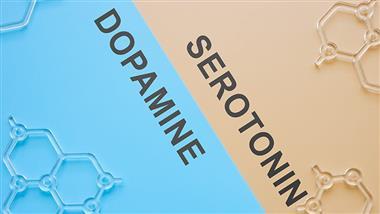
"Depression is one of the most common mental health challenges today, affecting 332 million people worldwide. In the United States alone, over 21 million adults experience at least one major depressive episode each year. For decades, the prevailing theory has been that depression stems from a lack of serotonin, the brain's so-called "happiness chemical," and treatments have largely focused on raising serotonin levels through selective serotonin reuptake inhibitors (SSRIs)."
"Emerging research points to an excess of serotonin, not a shortage, as a driving factor in depression. This perspective is gaining strength, supported by a recent major clinical trial in The Lancet Psychiatry, where researchers tested an approach aimed not at boosting serotonin but at restoring balance between serotonin and dopamine - two opposing neurotransmitters that shape mood, motivation, and emotional stability."
Depression affects hundreds of millions globally, with over 21 million U.S. adults experiencing a major depressive episode annually. The long-standing serotonin-deficiency hypothesis drove widespread SSRI use, yet many patients remain treatment-resistant. New findings suggest excess serotonin, rather than deficiency, may contribute to depression. Low dopamine function associates with reduced motivation, anhedonia, and poor stress resilience. A University of Oxford clinical trial tested dopamine augmentation using pramipexole, a Parkinson's drug that boosts dopamine, to restore serotonin-dopamine balance. The randomized trial enrolled 150 U.K. patients assigned to pramipexole or placebo for 48 weeks while continuing existing antidepressant medication.
Read at Natural Health News
Unable to calculate read time
Collection
[
|
...
]